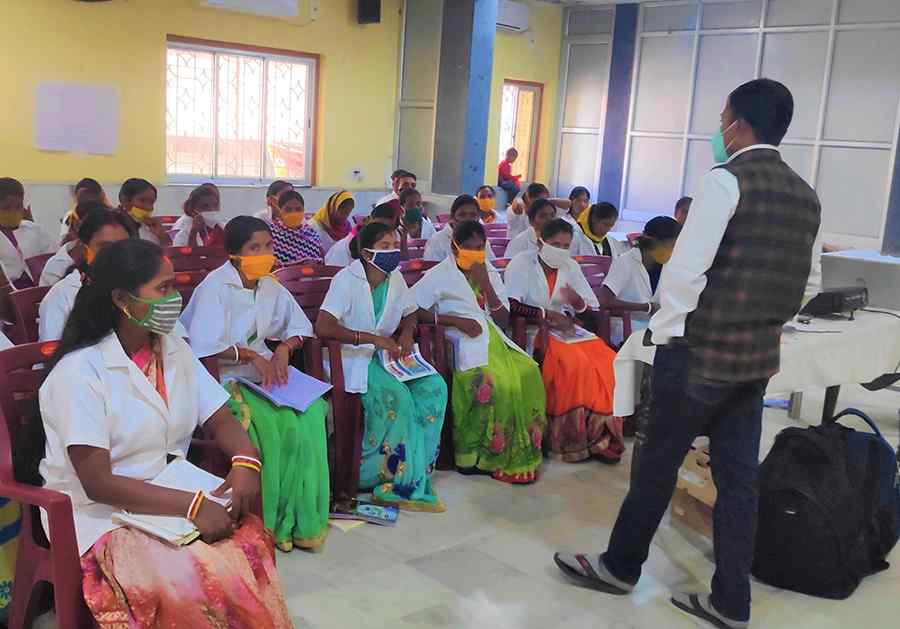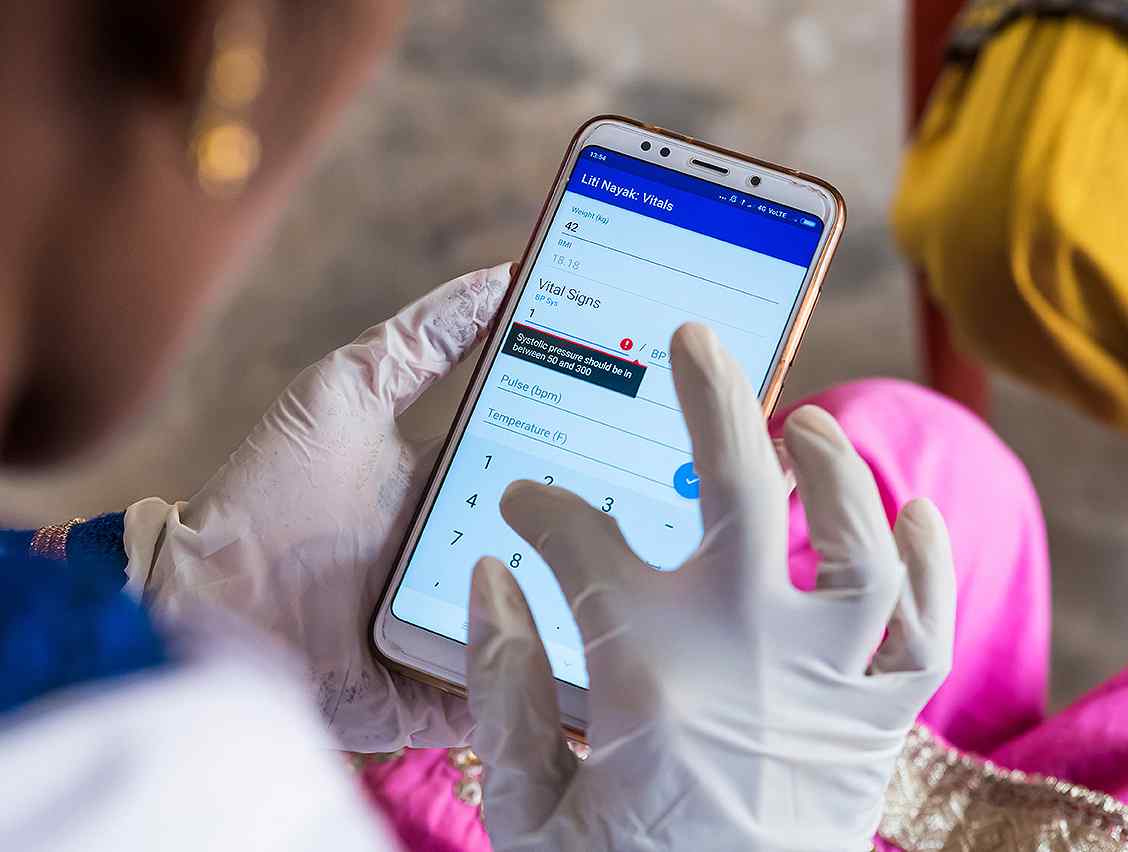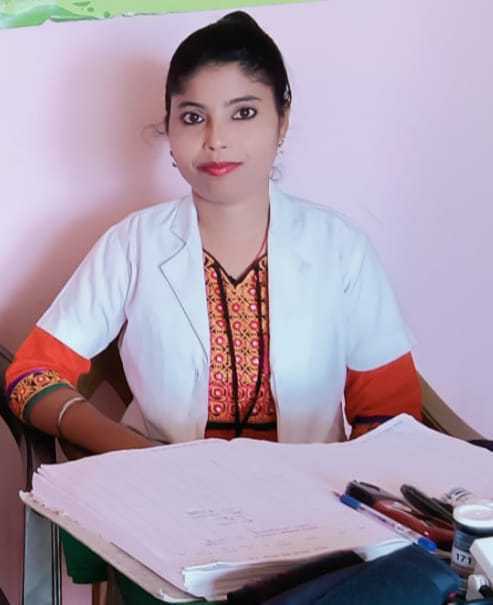

Use of the standard data collection protocols; use of technology and basic skills such as bedside manner, hygiene and communication skills.
Remote diagnosis, effective communication over telemedicine; patient safety in telemedicine and the use of technology.
Use of software for administration; patient safety in telemedicine.
Digital Health program design, operations and planning for scale.
Field level workers are employed from a network of local residents who can read, write, and on some training, can use a smartphone (and the internet) to the tune of uploading and downloading cases. These workers are like the ASHA workers of the government of India. They upload case files and do the necessary backend for the patients that doctors treat. Field level workers do not have any basic clinical skills. They are given an orientation to basic anatomy and physiology to the tune of what’s taught in schools, so that they understand the importance of their activities and are careful while noting and uploading details. At the same time, they’re also taught how to measure vitals. Since the case details are incorporated directly into the app, there’s no need to teach history taking.

Technical Training
Building technical skills of health workers
In addition to providing software, we also provide critical training required for all stakeholders; including health workers, doctors, supervisory staff and the project leadership. Health workers are employed from local residents and have been identified as those who can use a basic smartphone. They have also been trained in the usage of smartphones and the requisite troubleshooting steps before they commence the Intelehealth application training. Doctors also attend tech training for a doctor’s portal which provides them with vast insights into the usage of the aforementioned portal for the patients.

A hands-on training is provided to health workers which teaches them how to use the Intelehealth application.
